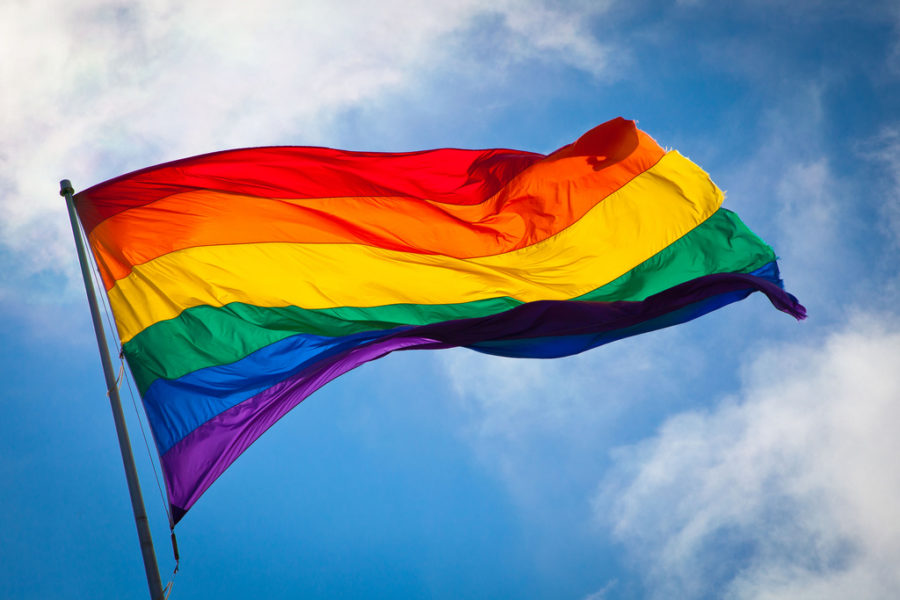
The Office of Counseling Services began offering students its first Gender Spectrum Group Therapy sessions on Feb. 12.
The Office of Counseling Services has introduced this initiative aimed to support the LGBTQ+ community. Associate Director of Clinical Coordination & LGBTQA+ Initiatives Samuel Lenzi created the Gender Spectrum Group Therapy as a way for people questioning or exploring their gender to come together and build a community with a safe place.
After gaining the role of associate director of clinical coordination and LGBTQA+ initiatives, Lenzi spent his first year identifying a gap in community support for individuals navigating their gender journey.
“We have a lot of people in individual therapy working out their gender identity … These individual therapies are great but it’s not a replacement for community,” said Lenzi.
Drawing inspiration from Equitas Health and their support groups and community-based programs, which have been seen as a safe place for LGBTQ+ people in the Cincinnati area to get gender-affirming care. After asking his colleague, who ran the group, Lenzi was able to set up his own group for NKU’s campus. The structure of the group’s discussions follow the student’s daily struggles and needs. “If people need resources for accessing gender-affirming care, as things develop … in the meantime we can at least figure out where we have allies, where we can do problem-solving if options aren’t available,” said Lenzi.
Evelyn Richards, a student at NKU and president of the Common Grounds club, underscored the transformative power of group therapy. “I have attended group therapy before… It opened my eyes to what people around me are experiencing and made me a more open-minded person in general,” shared Richards.
Lenzi acknowledged the importance of contingency planning, recognizing the need for alternative support structures should challenges arise. Joelle Ahlrichs, pharmacist at Equitas Health, talked about the importance of community. “Having an environment that is more people who are in your same community … just having those people and that space can open peoples’ comfortability on campus.”
Lenzi’s vision extends beyond merely providing a space for self-exploration; it aims to bridge gaps in campus connectivity and accessibility.
“My hope was to meet people who didn’t feel connected to others on campus and maybe meet students who maybe don’t have the time to connect with [the LBGBTQ] office,” Lenzi explained.
The last day to join the group therapy sessions is Feb. 19.

